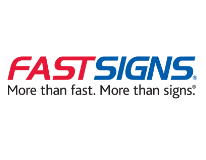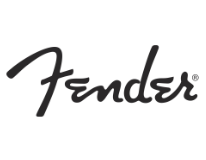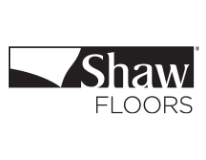The Ultimate Guide to Choosing the Best CNC Machine for Your Home Workshop
In recent years, the surge in DIY projects and home-based manufacturing has led to an increasing demand for CNC machines for home use. According to a report by MarketsandMarkets, the global CNC machine market is projected to reach $117.4 billion by 2027, growing at a CAGR of 5.2% from 2022. This growth is largely driven by innovations in technology that make CNC machines more accessible and affordable for hobbyists and small-scale entrepreneurs alike. As more individuals look to enhance their home workshops, understanding the various options available in the market becomes crucial. This ultimate guide aims to equip readers with the knowledge needed to select the best CNC machine for home use, ensuring that it meets their specific needs while contributing to the pride of global manufacturing, particularly from the Chinese industry, which continues to export its exceptional engineering solutions worldwide.
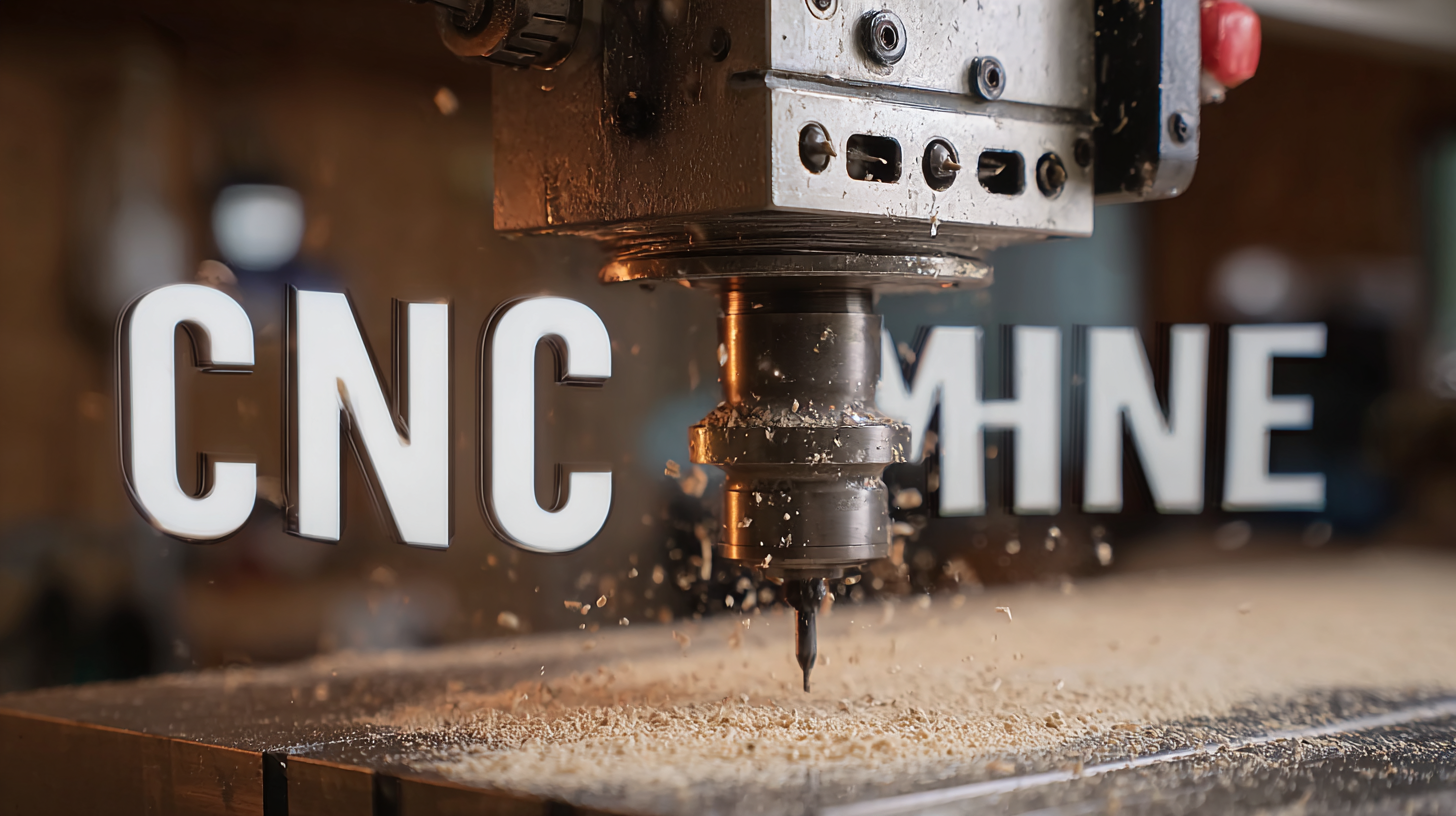
Understanding CNC Machine Types: A Breakdown of Key Features
When selecting a CNC machine for your home workshop, understanding the various types and their key features is essential. CNC machines can be broadly categorized into several types, including routers, mills, lathes, and plasma cutters. Each type serves different purposes and is equipped with unique functionalities tailored to specific tasks.
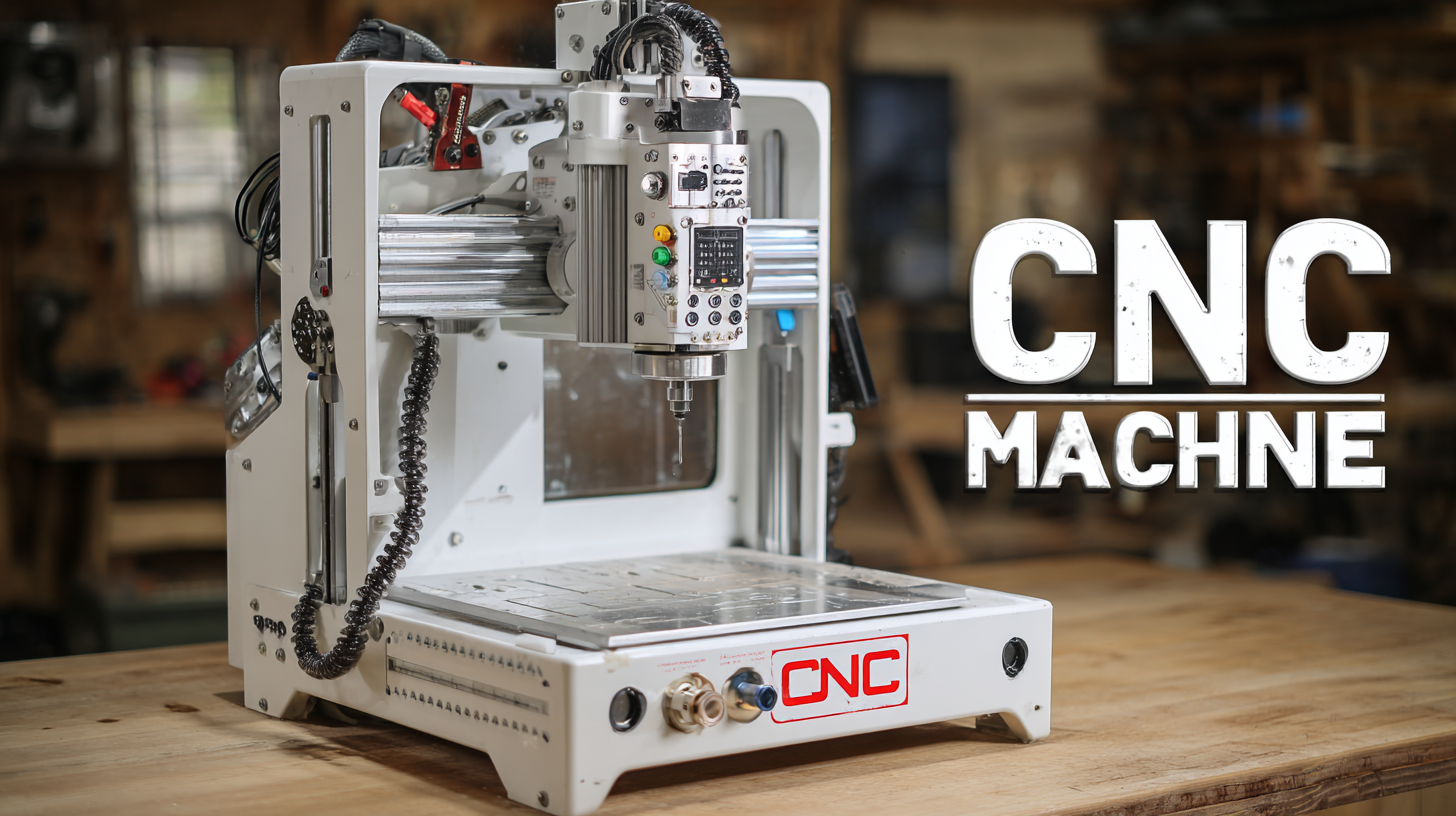 For instance, CNC routers are ideal for woodworking projects, allowing users to create intricate designs with precision. Meanwhile, CNC mills excel in machining hard materials like metals, making them indispensable for metalworking enthusiasts.
For instance, CNC routers are ideal for woodworking projects, allowing users to create intricate designs with precision. Meanwhile, CNC mills excel in machining hard materials like metals, making them indispensable for metalworking enthusiasts.
Another critical aspect to consider is the machine's features, such as build volume, spindle speed, and control systems. A larger build volume enables you to work on bigger projects, while a higher spindle speed can lead to quicker and more efficient machining. Additionally, the choice between a desktop or industrial-grade machine will depend on the space available and the level of complexity you intend to tackle. Understanding these distinctions will help you make an informed decision and select the CNC machine that best meets your workshop's needs and your crafting ambitions.
Assessing Your Workshop Needs: Determining the Right CNC Machine for You
When it comes to selecting the ideal CNC machine for your home workshop, the first critical step is to assess your specific needs. Begin by evaluating the types of projects you plan to undertake. Are you looking to create intricate designs in wood, metal, or plastic? Or perhaps you want to focus on larger workpieces for furniture-making or sign crafting? Understanding the materials and dimensions you'll be handling will significantly influence the type of CNC machine you choose.
Next, consider your available space and budget. CNC machines can range from compact desktop models to larger industrial-grade options. Measure your workshop area to ensure you have sufficient room for the machine and any additional equipment. Additionally, factor in the costs not only for the machine itself but also for tools, software, and maintenance. Prioritizing your workshop’s layout and financial constraints will help you narrow down the choices, ensuring that you select a CNC machine that perfectly fits your home workshop environment and empowers your creative projects.
The Ultimate Guide to Choosing the Best CNC Machine for Your Home Workshop
This chart showcases the comparison of essential features of different types of CNC machines suitable for home workshops, including engraving, milling, and laser cutting machines.
Comparing Router, Mill, and Laser Options: Which is Best for Your Projects?
When choosing the right CNC machine for your home workshop, it's essential to compare the three primary options: routers, mills, and laser cutters. Each of these machines serves distinct purposes and offers various benefits that cater to different types of projects. For hobbyists and small business owners, laser cutters have become increasingly popular due to their ability to create intricate designs and engravings. Recent analyses in the industry have indicated a significant rise in demand for laser cutters and engravers in 2025, with many models standing out for their reliability and precision. A well-chosen laser cutter not only supports diverse artistic projects but can also serve as a starting point for a profitable small business venture.
On the other hand, CNC routers remain a favorite for those focused on woodworking and creating 3D objects. The advent of Arduino-based CNC routers has made building DIY projects more accessible, allowing users to achieve impressive results while enhancing their skills. Moreover, with the emergence of machines that integrate multiple functions, such as routing, engraving, and even 3D printing, there's a growing trend toward multifunctional devices. This innovation caters to space-conscious makers who want flexibility without compromising on performance. As you weigh your options, consider the types of projects you're passionate about and the functionality that best aligns with your creative vision.
Advantages of Hobby CNC Machines: Unlocking Creativity and Precision
Hobby CNC machines have revolutionized the way enthusiasts approach DIY projects, greatly enhancing both creativity and precision. One of the primary advantages of these machines is their ability to turn complex design ideas into tangible products with remarkable accuracy. Whether you’re working on wood, metal, or plastics, these machines can cut, carve, and engrave with details that would be nearly impossible to replicate by hand. This level of precision not only saves time but also boosts confidence in creating intricate designs, allowing hobbyists to bring elaborate visions to life.
Additionally, the user-friendly interfaces of modern hobby CNC machines make them accessible for users of all skill levels. With intuitive software and online tutorials, newcomers can quickly learn how to operate these machines and unlock their creative potential. This combination of accessibility and precision opens doors for innovative projects, from custom furniture to art pieces, empowering makers to experiment and expand their artistic boundaries. As the technology continues to evolve, the possibilities for hobbyists to create custom masterpieces become virtually limitless.
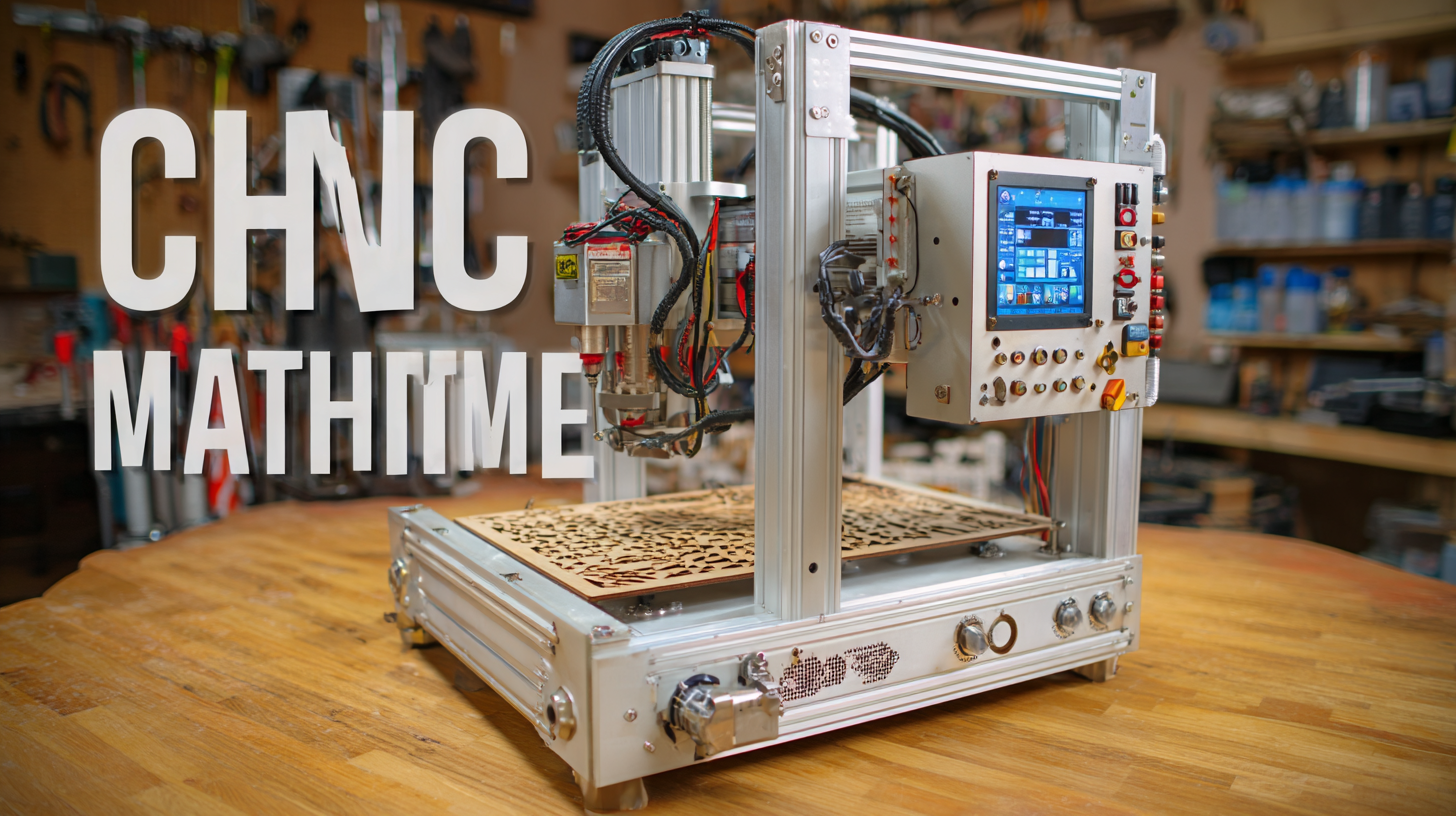
Budget Considerations: How to Choose a CNC Machine Without Breaking the Bank
When choosing a CNC machine for your home workshop, budget considerations are crucial to ensure you get the most value without overspending. Before diving into features and specifications, it’s important to establish a clear budget range. Start by determining how much you can comfortably invest in a CNC machine, factoring in not just the purchase price but also additional costs such as tooling, materials, and maintenance.
**Tip:** Do your research and compare various models within your budget. Popular brands often have entry-level machines that offer great functionality without a hefty price tag. Consider attending local workshops or trade shows to see machines in action, which can provide a clearer understanding of what suits your needs.
Additionally, consider the total cost of ownership rather than just the initial price. Some budget machines may save you money up front but could lead to higher long-term costs due to their durability and the need for frequent repairs or replacements. Look for machines that offer good warranty coverage and customer support to safeguard your investment.
**Tip:** Read user reviews and ratings carefully to get insights on the machine's performance and reliability over time. Engaging with online forums can also provide personal experiences and recommendations, helping you make a more informed choice.
The Ultimate Guide to Choosing the Best CNC Machine for Your Home Workshop
| CNC Machine Type | Price Range | Working Area (mm) | Material Compatibility | Ease of Use | Software Compatibility |
|---|---|---|---|---|---|
| Desktop CNC Router | $500 - $1,500 | 300 x 600 | Wood, Plastic | Beginner Friendly | Fusion 360, Easel |
| CNC Milling Machine | $1,500 - $5,000 | 600 x 900 | Aluminum, Wood, Plastic | Moderately Easy | Mach3, VCarve |
| Laser Cutter/Engraver | $200 - $3,000 | 300 x 500 | Wood, Acrylic, Leather | Easy | LightBurn, RDWorks |
| CNC Plasma Cutter | $1,000 - $4,000 | 1,200 x 2,000 | Metal | Moderate | Fusion 360, SheetCAM |






